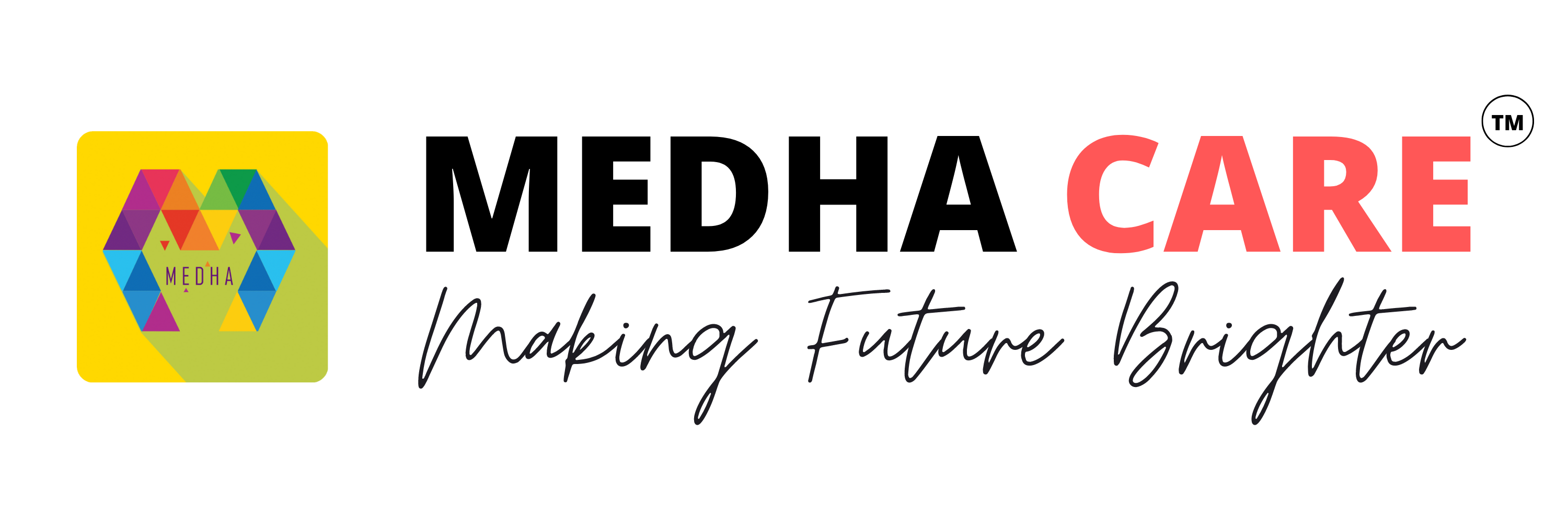Introduction: How Competitive Exams Work- What You Need To Know About The Process Competitive exams are a great way to get into a good college or university. They are also a great way to apply for a job in the public sector. Some competitive exams are conducted on the basis of merit while others are...
The Complete Guide to Preparation For Competitive Exams
Introduction: How Competitive Exams Work- What You Need To Know About The Process
Competitive exams are a great way to get into a good college or university. They are also a great way to apply for a job in the public sector.
Some competitive exams are conducted on the basis of merit while others are based on rank. For example, the JEE Main is an exam that ranks students and then allocates seats according to their rank. The NEET is another exam that allocates seats based on merit. Students need to have high marks in order to be eligible for such competitive exams.
The first step after deciding which competitive exam you want to take is filling out an application form and paying the fee. You will then be allotted a date and time for your exam depending on availability of slots.
How to Strategically Approach The Examination Process
Students are often faced with the challenge of understanding how to strategically approach the examination process. This section will provide a guide on how to strategically approach this process.
The first step is to choose your exam date and time, and then discuss it with your teachers. The next step is to plan out your study schedule, which includes topics you need to review before the exam, study resources and methods you’ll use for studying, as well as a list of all assignments due during the semester. The third step is to make sure you’re taking care of yourself; eat healthy foods, get enough sleep, drink lots of water, exercise regularly and try not to stress too much about things outside of school.
9 Best Ways To Boost Your Exam Preparation and Get A High Score
Studying for an exam can be a difficult task, but it doesn’t have to be. There are many ways to study more efficiently and get a higher score.
The following is a list of nine ways to study more efficiently and get a higher score:
1) Set up your studying space the night before
2) Create flashcards and quizzes
3) Study in chunks
4) Take regular breaks
5) Create revision notes
6) Practice with past papers
7) Use mnemonics or rhyming techniques to remember facts/information/dates etc.
8) Use apps like Quizlet or Memrise
9) Practice with past papers
What You Need To Know About Exam-Related Stress And Its Ill Effects on Your Examination Performance
Exam-related stress is a common phenomenon. It is a feeling of anxiety or worry that you experience before and during an exam.
This kind of pressure can have an adverse effect on your examination performance. You will be more susceptible to mistakes, and your performance will be lower than expected.
The problem with exam-related stress is that it can make you feel so anxious that you’ll find it difficult to concentrate enough to answer the questions correctly. It can also lead to physical symptoms such as headaches, trembling hands, nausea, and even fainting spells.
There are many things you can do to reduce the amount of stress in your life before an exam:
Take care of yourself by eating well and getting enough sleep;
Ask for help from family members or friends;
Learn about what causes exams-related stress so you know what to expect; and
Practice relaxation techniques like deep breathing or meditation.
How To Deal With Exam Anxiety So You Can Be Prepared Mentally For the Big Day!
As the exam date draws closer and closer, many students find themselves in a state of anxiety. This is normal, but it can also be detrimental to your mental state. You may not be able to focus on your studies as well, which could ultimately lead to lower grades or even failure.
In order to combat this feeling of anxiety and get yourself ready mentally for the big day, there are a few things you can do:
-Try and organize your time so that you have a little bit of time each day to study
-Take breaks between studying
-Identify what causes the anxiety and try not to think about it until after the exam

